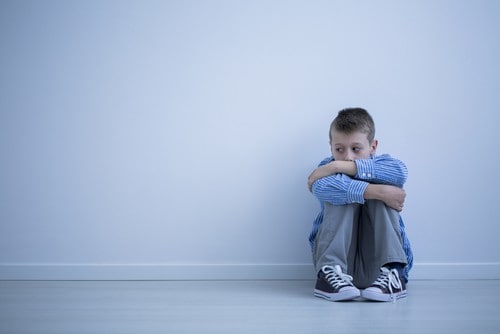
Religious communities strive for their church to be known as a place where everyone is welcome, regardless of your background. But many U.S. churches are failing children with health conditions and learning disabilities like autism, ADD and ADHD. And this has been a persistent trend.
According to a recently published study from the National Survey of Children’s Health, the odds of a child with autism never attending church were nearly twice as high compared to children with no health conditions. These odds were also significantly high for children with developmental delays and behavioral disorders (The study is not specific to any type of religious community, such as evangelicals.).
Children with other health issues, such as diabetes, asthma and epilepsy were given a more sympathetic approach from the church. Those children were just as likely to be in the pews as a child with no health conditions at all.
But children with limited social interaction are more likely to feel unwelcome at religious services, and tend to be excluded from social settings in general.
Andrew Whitehead, sociologist and the leader researcher and at Clemson University, has experienced this firsthand. Whitehead himself has two children with autism who are non-verbal. Currently, his family attends church but not easily.
“I would like to think that this research could serve as a wake-up call to the religious communities in our nation,” Whitehead said. “In many ways, this population is unseen because they never show up, or when they do, they have a negative experience and never return.”
So what can be done in churches across the U.S. to solve this problem?
According to Whitehead, every situation is different. “There is no effective, cookie-cutter approach to welcoming them. However, having a system in place where families are seen, heard and valued will go a long way toward preventing a religious community from becoming yet another bureaucracy these families have to navigate. Instead, these communities can become places of rest and refuge.”
It all begins with preparation and ends with making ethical commitments to welcome children with social disabilities, and even include their contributions in ministry.






















